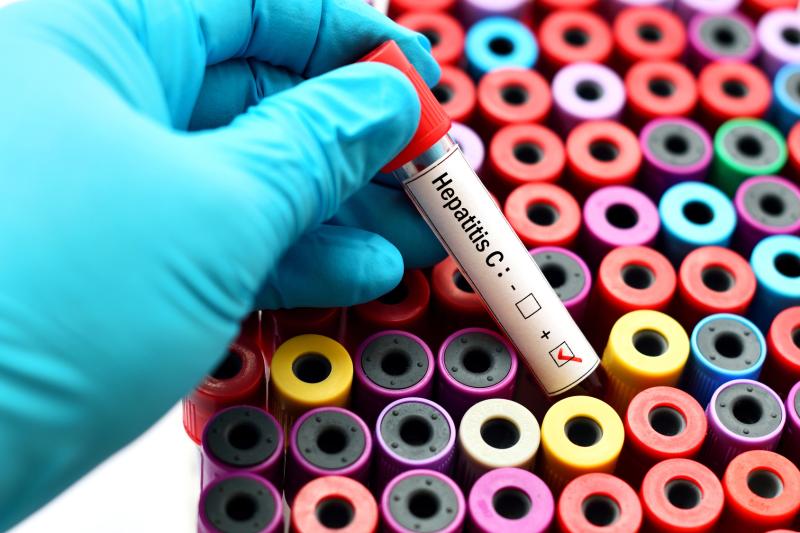 The Malaysian government has won an award for making hepatitis C treatment available to the masses at an affordable cost.
The Malaysian government has won an award for making hepatitis C treatment available to the masses at an affordable cost.Abnormal glycometabolism is more common among patients with hepatitis C virus (HCV) infection, and viral clearance may improve glucose control, a recent study has found.
The study included 1,090 HCV patients (median age, 48 years), of whom 25.5 percent (n=278) had prediabetes and 8.16 percent (n=89) had been diagnosed with diabetes. Participants received antiviral treatments and sustained virological response (SVR) was defined as having undetectable HCV RNA levels 24 weeks after the end of treatment.
Most of the patients achieved SVR (n=990), while only 100 failed. After propensity score matching, fasting plasma glucose (FPG) levels dropped significantly in those with viral clearance (p=0.027), but not in patients without (p=0.723), suggesting that HCV clearance may improve glucose metabolism.
Improvements in glucose metabolism may, in turn, be associated with liver parameters. In a subsequent analysis involving participants with baseline FPG ≥5.6 in the SVR group (n=332), 182 showed glucose improvements after viral clearance and 150 did not. Those who showed better outcomes had lower alkaline phosphatase levels and Fibrosis-4 index scores. They were also slightly younger than their no-improvement comparators.
Multivariate analysis further found that older age, higher viral load and worse liver function at baseline were all factors that significantly inhibited improvements in glucose metabolism.
“Whether glucose metabolism improved after the eradication of the virus remains to be elucidated,” researchers pointed out, noting that this may be the focus of future efforts. In addition, “further investigations of the factors influencing the improvement in plasma glucose after the eradication of this virus are needed.”